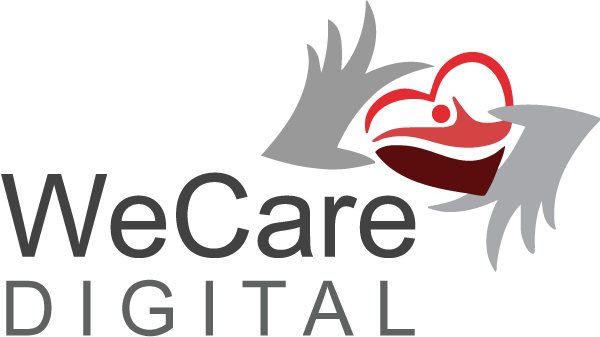Earlier this week, I was in a client meeting – there were different teams across functions in the conference room. I made a recommendation, and as I generally do, provided a rationale backed with experience and research stats that supported the recommendation. There were some questions and a discussion ensued. Largely everyone was in agreement, except this one young manager. And she announced, “Let me research this”. While I cheerfully said “Sure!”, in my mind I was like “Why would you want to research this? Is this an area of your expertise? Wouldn’t it be easier to just trust me as your expert and focus on your core business?”
This is not a one-off incident. This time particularly it was more thought- provoking, because the topic being discussed was more technical in nature. Imagine a patient walking up to a doctor with his own prescription! Imagine a surgeon in the operating room being told that he should use a different surgical tool because his patient has ‘researched’!
Of course, search engines are a boon and help widen knowledge. But dear friends, be warned – not all information on the Internet is correct information. To be able to even identify whether correct or not, one needs to have the requisite knowledge and appreciate the risks of incorrect or harmful information. Google “making an airplane” and the first search results that show up are those to make a paper airplane! I wouldn’t try flying in one!
For those who are still reading this and trying to figure what is the message here – it is this “Trust your expert!”

